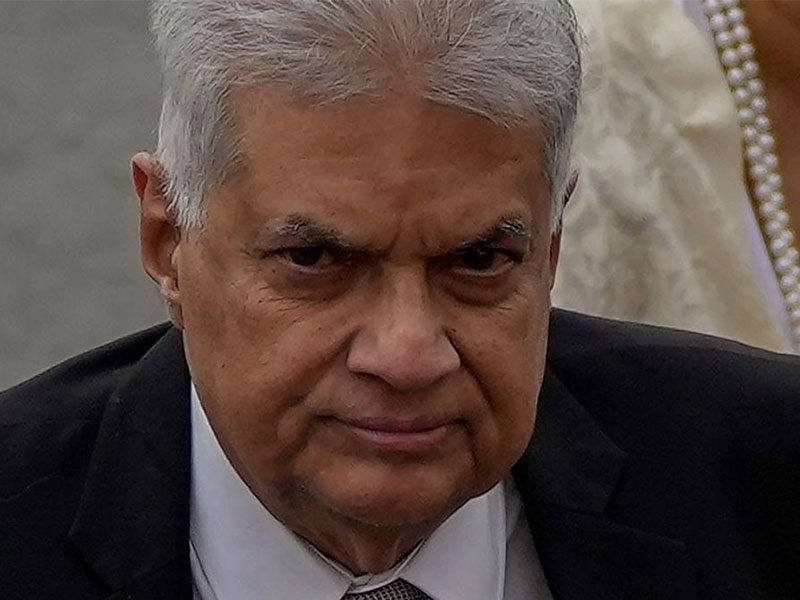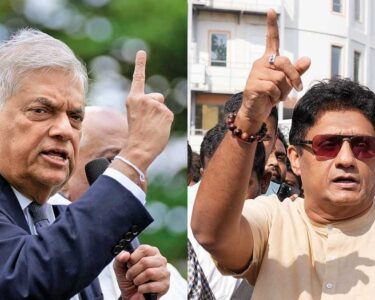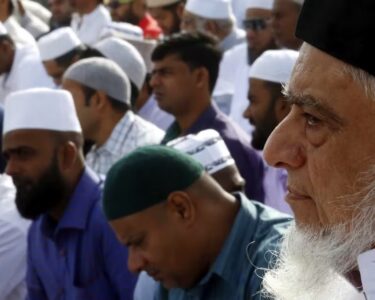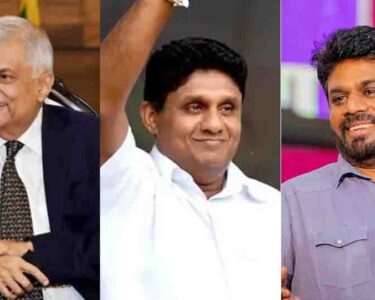He recent approval of a $2.9 billion bailout package by the International Monetary Fund (IMF) for Sri Lanka has brought both relief and criticism, shedding light on the complexities surrounding the economic challenges faced by the country. At the forefront of this discussion is the presidency of Ranil Wickramasinghe and the impact of the IMF loan on the nation’s economic trajectory.
IMF Loan Approval and Debt Restructuring:
The IMF’s decision to release the second tranche of $337 million is a crucial step for Sri Lanka, which has been grappling with a severe economic crisis. The debt restructuring deal with China, the country’s largest official lender, played a pivotal role in securing the IMF bailout.
Socio-Economic Concerns and Criticisms:
Despite the economic lifeline provided by the IMF, the bailout package has faced significant criticism within Sri Lanka. Some key concerns include:
Impact on the Poorest: Detractors argue that the austerity measures mandated by the IMF, such as subsidy cuts and tax hikes, disproportionately affect the poorest segments of the population. The rising costs of essential goods may intensify the challenges faced by vulnerable communities.
Limited Emphasis on Debt Restructuring: Critics contend that the IMF’s conditions do not adequately address Sri Lanka’s staggering debt burden, estimated at $51 billion. Calls for more proactive involvement in debt restructuring, especially for foreign loans, highlight the need for a sustainable recovery.
Fiscal Responsibility vs. Economic Growth: The IMF’s emphasis on fiscal consolidation has drawn criticism for potentially hindering economic growth. Some argue that investments in infrastructure, education, and healthcare are vital for stimulating economic activity and job creation.
Transparency and Public Consultation: Concerns have been raised about the lack of transparency and public consultation during the negotiation of the IMF bailout. Critics assert that greater engagement with the public and stakeholders could have addressed concerns and built consensus on the terms of the agreement.
Potential for Political Interference: There are worries that the IMF’s conditions may lead to political interference in Sri Lanka’s economic policies. Critics fear that the bailout terms could be wielded as leverage to influence domestic political decisions.
Response and Challenges Ahead:
As Sri Lanka navigates the complexities of the IMF bailout, the presidency of Ranil Wickramasinghe becomes central in steering the nation towards economic stability, managing socio-economic challenges, and addressing the concerns voiced by various stakeholders. The coming months will be crucial in determining the success and impact of the IMF loan on Sri Lanka’s path to recovery.







